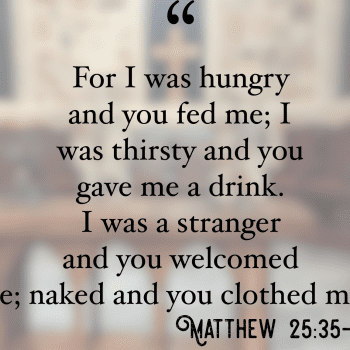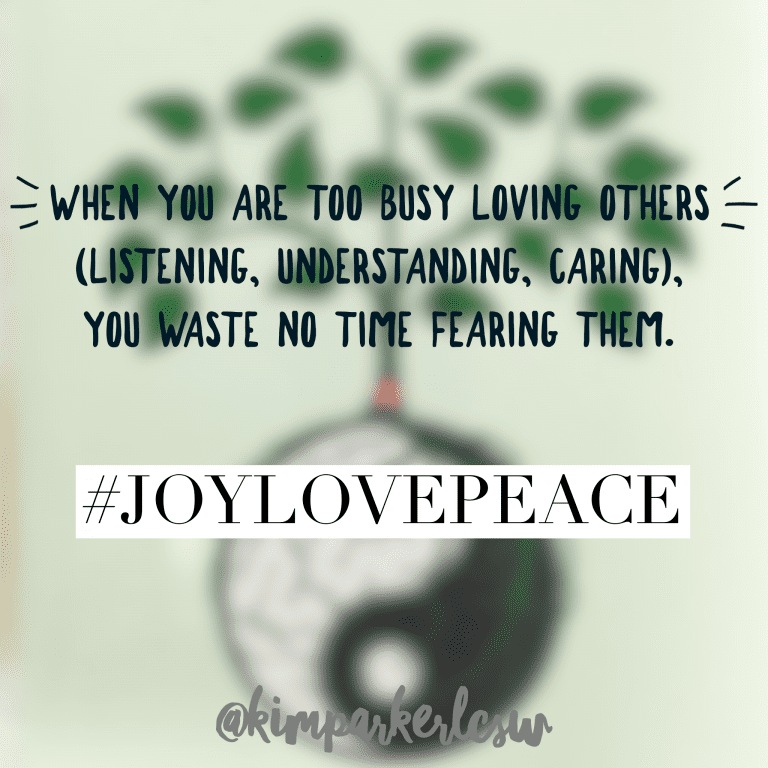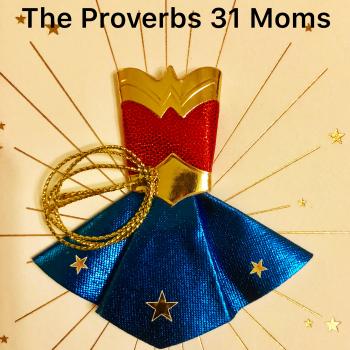Church unity or “unity in diversity” is a lofty goal. Most American Christians I know, including myself, mean well. We are trying to be followers of Christ, disciples of Christ, the body of believers. If you get to know each Christian individually, you would be able to relate. Catch a believer in his/her solitude, converse with anonymity, and you would find him/her quite lovable, even adorable. Connections and understanding are sweet like honey, refreshing like water.
The problems seem to come when we congregate. That’s when man made religion seeps into our intrinsic spiritual communion with our great Creator. We have many opportunities to get in the way of Christ when we do “church.”
Now I’m not against going to church or fellowshipping with other believers. In fact, since I became a Christian in college, I’ve been attending church more or less weekly. For twenty five years, I’ve fellowshipped at several different churches, including a progressive Lutheran church near the college campus, a bible church, a Vietnamese Christian Missionary Alliance Church, a nondenominational congregation, and a Southern Baptist Church prior to my current Southern Baptist Church. None were perfect although each served its purpose at the time, allowing me to grow in the faith.
But the church is just made up of people who are searching for answers to the meaningful experiences in their lives. Most people serve voluntarily in ministry while being lead by a paid staff with the Pastor as the top dog leader. The Pastor, usually male, is the head to the body of Christ. He is a human shepherd trying his best to spiritually lead the body of believers, male and female. Where there are people, there will be politics. Evangelical Christians have asked, why don’t Christians behave more spiritually (inspirationally) than politically (seen as more divisive)? Progressive Christians have asked, why don’t Evangelicals take more political action, to show their true faith in works?
But I’d like to ask, how can Christians do church, a socio-religio-political institution, without turning against each other or appearing to look down on or exclude nonbelievers?
Yes, one person can be Christ’s hands and feet, i.e. by cooking a meal for a homeless man. But if we have two or three gathered together to help the homeless, then we have a group ministry, and usually someone assumes the role of a leader for the group/organization. If we have enough similar goal oriented people from several groups, then we have a church—a more formal pooling together of resources and funds over shared values to accomplish a common goal of being Christ’s hands and feet to the local community and the world. That’s when politics come into play more overtly. The bigger the church, the more powerful witness we can be of the gospel of Christ… and also the bigger mess we can make of ourselves.
More diversity and multiculturalism means more than one way to do things. More than one viewpoint. Some might believe in investing resources and energy to welcoming the foreigners among us, while others feel more called to help the orphans, the sick, or elderly. Some might feel burdened to improve the conditions of the poor among us while others feel called to evangelize to unreached people groups. Childlike faith gives way to more adult cynicism and doubts. Pretty soon, idealistic believers who feel spirit lead become disappointed, even hurt by their fellow believers’ behaviors or actions.
How the Holy Spirit is leading the church is not quite so clear when different believers claim different things. Everything seems to be up for interpretation, including the Scriptures, even the idea that all that is written is the inerrant word of God (2Tim3:16). The oldest religious institution, the Roman Catholic church, finds its authority being questioned, its teachings deemed outdated, its head diminished as just a fallible human leader.
It’s no wonder that when Christians do church, we get bogged down by the inevitable politics that comes with it. Some believers soon call it quits and leave the faith in disillusionment, even anger. Some leave quietly feeling victimized by a brother or sister in Christ, yet searching for a new church home that is more politically suitable. Still many remain to fight it out –how to best serve in ministry. Others stick around to wrestle with differences more quietly and respectfully, learning humbly along the way, while still trying to fellowship and do “church.”












